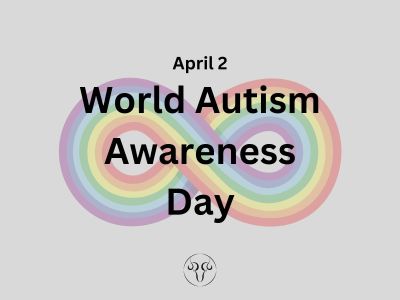Things About Yoga

Yoga is a discipline originating from ancient India that encompasses physical postures, breathing exercises, meditation, and a holistic approach to living. Over the years, it has grown in popularity around the world, with millions of people practicing it for various reasons, including fitness, stress relief, spiritual growth, and much more.
The Physical Practice
The physical practice of yog, also known as Hatha Yoga, involves a series of postures and movements designed to improve flexibility, strength, balance, and posture. These postures range from simple seated positions to challenging balances and twists. With regular practice, one can expect to see an improvement in overall physical health, increased flexibility, and a reduction in physical aches and pains.
Breathing and Meditation
In addition to the physical practice, yoga also places a strong emphasis on breathing and meditation. Controlled breathing, known as pranayama, helps to calm the mind and bring a sense of peace and relaxation to the practitioner. Meditation is a key component of yoga, and through focusing the mind and clearing distractions, one can find inner peace and improve mental clarity.
Holistic Approach to Living
Yoga is not just a physical practice, it is a holistic approach to living that encompasses the mind, body, and spirit. It promotes values such as non-violence, truthfulness, and compassion, and encourages practitioners to live a life of balance, both physically and emotionally.
What are the Benefits of doing yoga?
The benefits of practicing yoga are numerous and well-documented. Here are some of the most commonly cited benefits:
I. Physical Health Benefits
- Improved flexibility and balance
- Increased strength and muscle tone
- Better posture and alignment
- Reduced pain and stiffness
- Improved cardiovascular health
- Improved respiratory function
II. Mental Health Benefits
- Reduced stress and anxiety
- Improved sleep
- Increased feelings of calm and relaxation
- Improved mood and overall well-being
- Improved cognitive function
- Increased focus and concentration
Who Should Do Yoga(yog)?
Yoga is a low-impact form of exercise that can be practiced by people of all ages, sizes, and fitness levels. It is a gentle form of exercise that can be modified to suit individual needs and abilities, making it a suitable form of exercise for people of all fitness levels.
Who Should Avoid Yoga?
Yoga(yog) may not be suitable for everyone, especially if you have certain medical conditions. People with conditions such as high blood pressure, heart disease, or neck or back problems should consult a doctor before starting a yoga practice. Pregnant women should also consult a doctor before practicing yoga, as certain poses may not be suitable during pregnancy. Additionally, people with certain joint conditions, such as osteoarthritis, may need to avoid certain poses that put pressure on the joints.
Can heart patients do yoga? and what asana/posture they should avoid?
Yes, people with heart disease can do yoga, but it is important for them to approach it with caution and under the guidance of a qualified instructor. Certain poses and breathing techniques in yoga have been shown to have positive effects on heart health, such as reducing stress, improving circulation, and regulating blood pressure.
However, it is important for heart patients to avoid certain poses and movements that put excessive strain on the heart, such as:
- Inverted poses, such as headstands and handstands, which increase the heart rate and put pressure on the neck and head.
- Poses that put a lot of strain on the chest, such as the cobra pose or the upward-facing dog pose.
- Poses that involve rapid movements or jerking, such as the sun salutation or the warrior series.
- Poses that put pressure on the abdominal area, such as the boat pose or the camel pose.
It is also important for heart patients to be mindful of their breathing during yoga practice and avoid over-exertion. They should listen to their bodies and stop if they feel any discomfort or pain. In summary, yoga can be beneficial for people with heart disease if approached with caution and under the guidance of a qualified instructor. Certain poses and movements should be avoided to minimize the risk of strain on the heart.
In overall conclusion, yoga is a journey that offers something for everyone, regardless of age, fitness level or experience. Whether you are looking for a form of exercise, a way to relieve stress, or a spiritual practice, yoga has something to offer. So why not give it a try today, and experience the many benefits for yourself?
More in depth we talk about yoga later!!! Happy Yoga. Do Yoga









